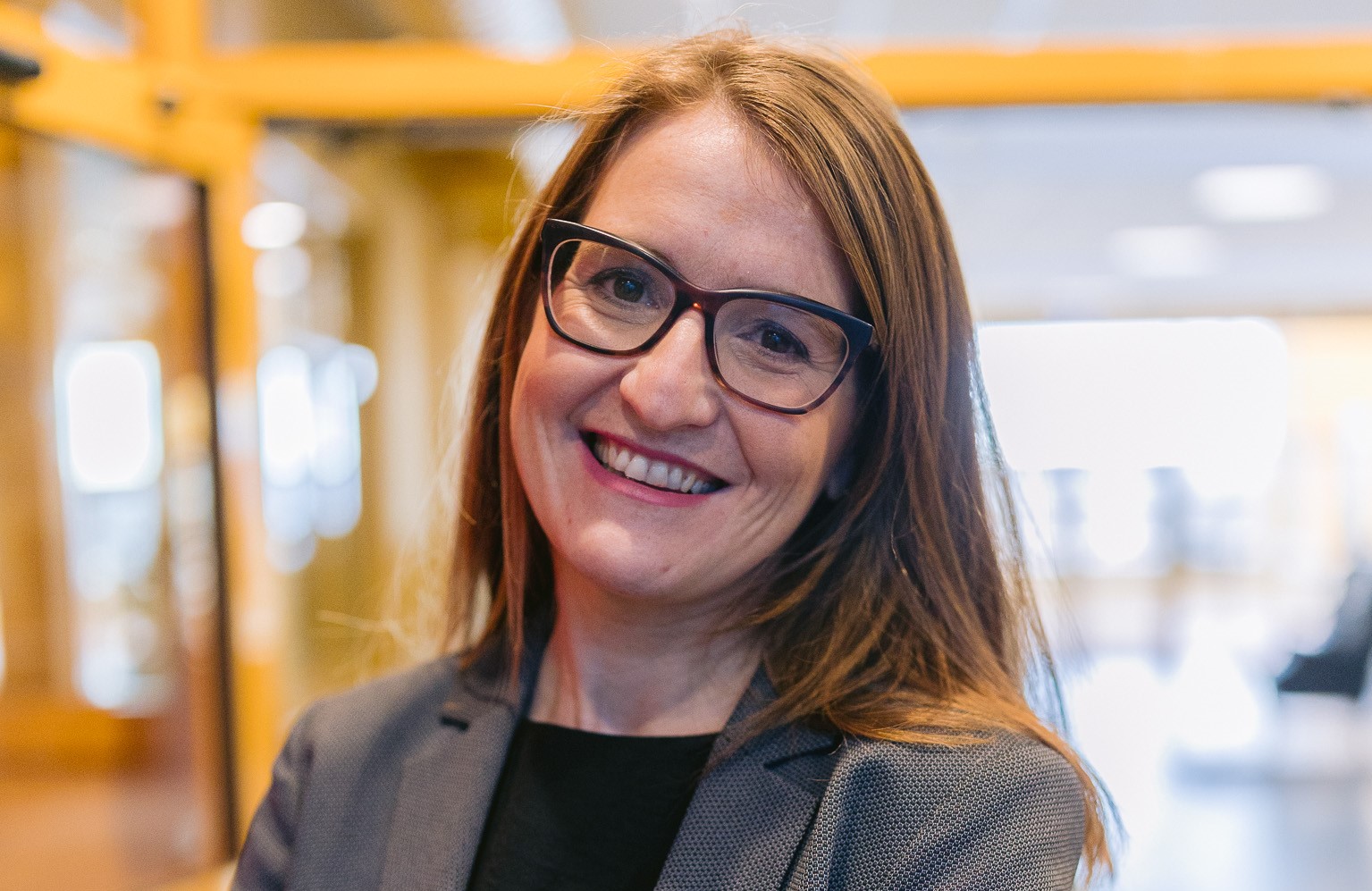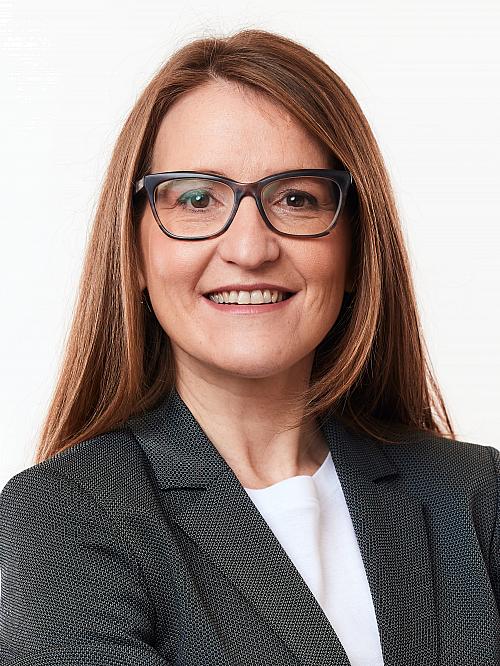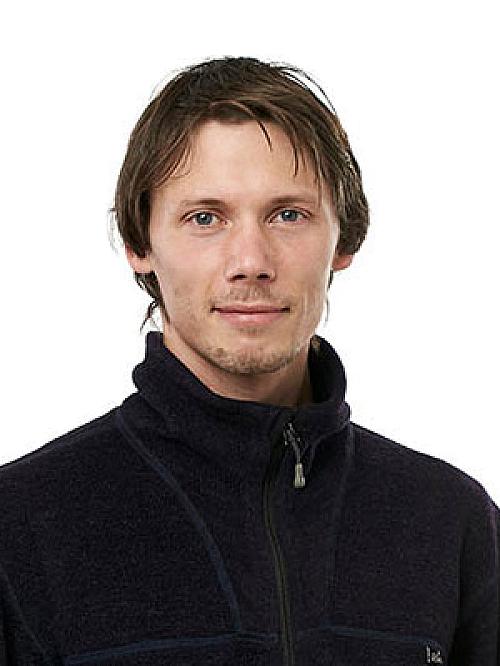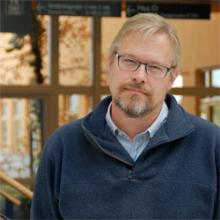Funding for improved communication between humans and AI

Maria Riveiro, Professor of Computer Science at the School of Engineering is awarded SEK ten million from the Swedish Research Council for her research to improve communication and collaboration between humans and AI. Photo: Eva-Lena Niklasson
Maria Riveiro, Professor of Computer Science at the School of Engineering (JTH) at Jönköping University (JU), is awarded SEK ten million from the Swedish Research Council for her research to improve communication and collaboration between humans and AI. The government agency also gives millions in funding to the JTH researchers Johannes Schmidt and Peter Hansbo.
“It is very gratifying and confirms that the basic research conducted at JTH is of a high scientific level,” says Salem Seifeddine, Associate Dean of Research at JTH.
Maria Riveiros research focuses on designing AI systems that augment human capabilities (human-centered AI). To support human-AI collaboration, AI systems need to both support humans in understanding them and are able to understand humans. This project focuses on designing AI systems that can explain themselves, as we do in human-human interactions.
She receives a consolidator grant from the Research Council, which means that she will be able to use the money to expand her research activities and create a research group. The project also includes the School of Health and Welfare and the School of Education and Communication at JU, since real examples from their activities will be used to validate the research results.
"National and international AI experts"
“This is a very important grant for me and a confirmation that I am conducting novel and competitive research of the highest standards since national and international AI experts have evaluated it", says Maria Riveiro.
The project is a continuation of a previous personal VR grant to Maria Riveiro focusing on Explainable AI (project EXPLAIN).
Faster and more efficient algorithms
Johannes Schmidt, Assistant Professor of Computer Science, receives SEK 3.7 million in funding for his research which deals with investigation and construction of faster and more efficient algorithms.
“I investigate algorithms for non-monotonic reasoning. They are particularly suitable for applications in a world under constant change and are used in many AI applications. I see the funding from the Research Council as recognition of my scientific work and an opportunity to broaden and improve that work,” he says.
"Have unique advantages"
Peter Hansbo, Professor of Computational Mathematics at JTH, receives SEK 3.6 million for his research into developing more efficient and accurate methods for calculating physical and mechanical processes for the industry.
“It's a bit technical, but in scientific calculations you often have side conditions, such as preventing one object from going straight through another. It is usually handled by one of two classical methods and my research is about combining them, a combination known as the augmented Lagrangian method. Recently, this method was shown to have unique advantages, for example for handling contact problems and other difficulties that can arise when handling side conditions, says Peter Hansbo.
He finds it gratifying that VR wants to invest in his research and is looking forward to putting more focus on it.
Facts
Maria Riveiro’s research project: “XPECT: How to tailor explanations from AI systems to users' expectations.”
Johannes Schmidt’s research project: "Faster algorithms and lower bounds for non-monotonic reasoning".
Peter Hansbos research project: "Enhanced Lagrange methods in Computational Mechanics".
The Swedish Research Council External link, opens in new window. is Sweden's largest government research financier and provides support for research of the highest scientific quality in all scientific fields. They are giving support in the form of more than SEK 1.2 billion funding via a number of calls in the natural sciences and technical sciences for the period of 2023–2027.
- Professor Computer Science
- School of Engineering
- maria.riveiro@ju.se
- +46 36-10 1578
- Associate Professor
- School of Engineering
- johannes.schmidt@ju.se
- +46 36-10 1535
- Professor Computational Mathematics
- School of Engineering
- peter.hansbo@ju.se





